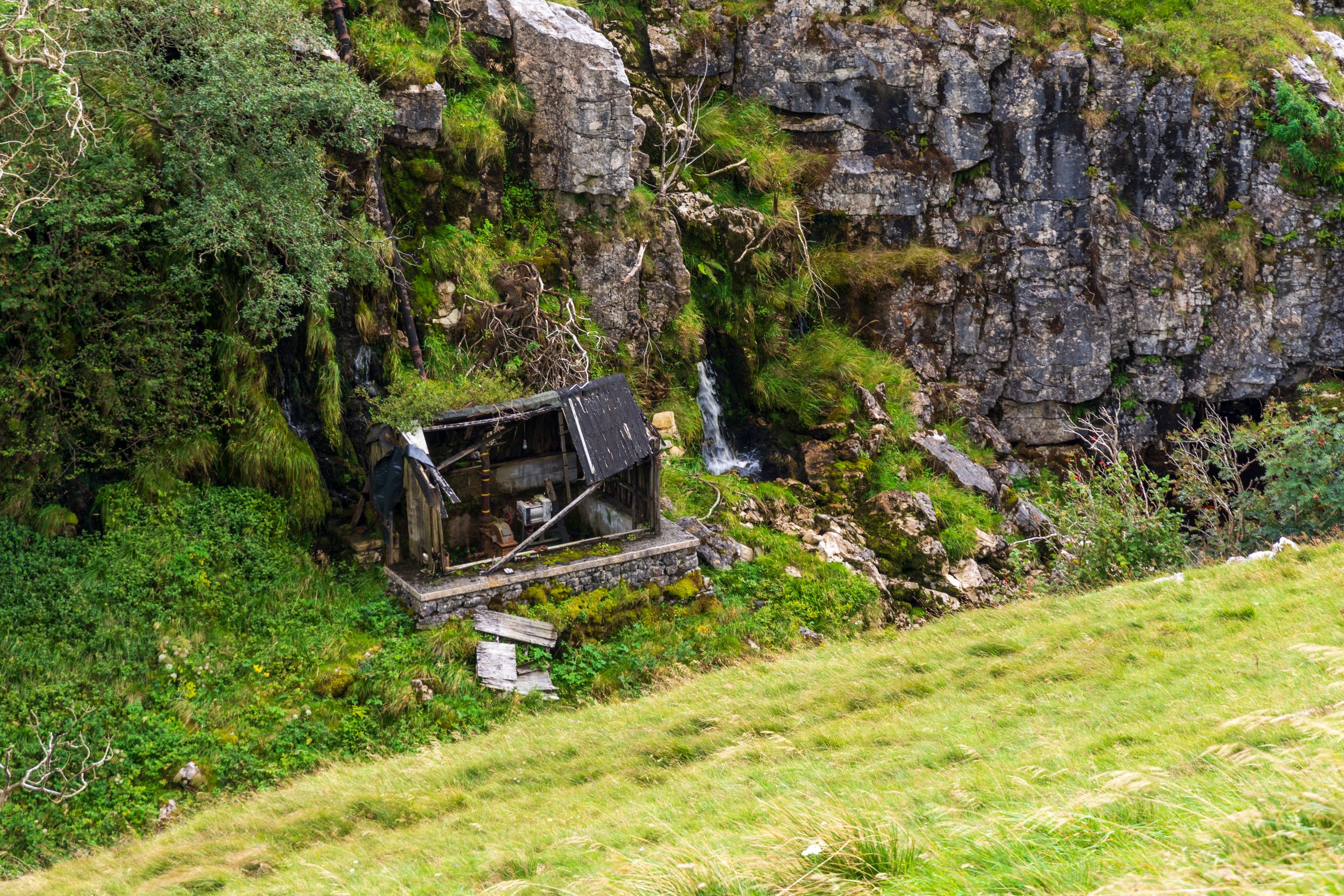Plover Hill
The summit of Plover Hill in the Yorkshire Dales, set amongst a dramatic backdrop, on approach from Pen-y-Ghent
Location: SD 849 752
Getting there: Easiest approach is via Pen-y-Ghent, parking and train station in Horton-in-Ribblesdale
Height (near cairn on summit): 680m
Prominence: 51m
Map: OS Explorer OL2 Yorkshire Dales South and Western areas
The lesser-known child peak of Pen-y-Ghent, visiting the often-bypassed Plover Hill can make for a quieter and more rewarding walk than the more standard routes.
Looking back at Pen-y-Ghent from the summit of Plover Hill
Named after the plover family of birds, the variety of wildlife on offer on this quiet hill, especially in spring months, add to the peaceful feeling you get when leaving the hordes descending the Yorkshire Three Peaks path at Pen-y-Ghent.
On the surface, it’s easy to see why Plover Hill is often overlooked - a broad, featureless and particularly boggy approach from Pen-y-Ghent seems less than inspiring, but actually a lot of the hill’s attraction lie in some of its hidden details.
The boggy climb to the summit of Plover Hill
First, similar to its neighbour, it is flanked on three sides by steep, rocky slopes, with the famous Pen-y-Ghent pinnacle actually a feature of this hill’s crags.
But one of the main draws are the views of the remote, verdant head of Littondale, with the villages of Foxup and Halton Gill snuggled within.
The easiest way to visit the summit is to head north from the summit of Pen-y-Ghent, following the path along the broad ridge between the two hills, taking in the view of both sides of the valley, before heading across the bog to the summit. From here you can continue to descend the northern slope which becomes quite steep (though never quite as epic as that on the southern approach to Pen-y-Ghent), before either looping west back to Ribblehead.
Perched on the northern slopes of Plover Hill
If you have more time I’d definitely recommend exploring to the east, and heading back via Halton Gill - with a pleasant and surprising valley walk between the slopes of Plover Hill and Fountains Fell yielding a number of caves, rocky outcrops and a waterfall.
There’s plenty to explore in Halton Gill











